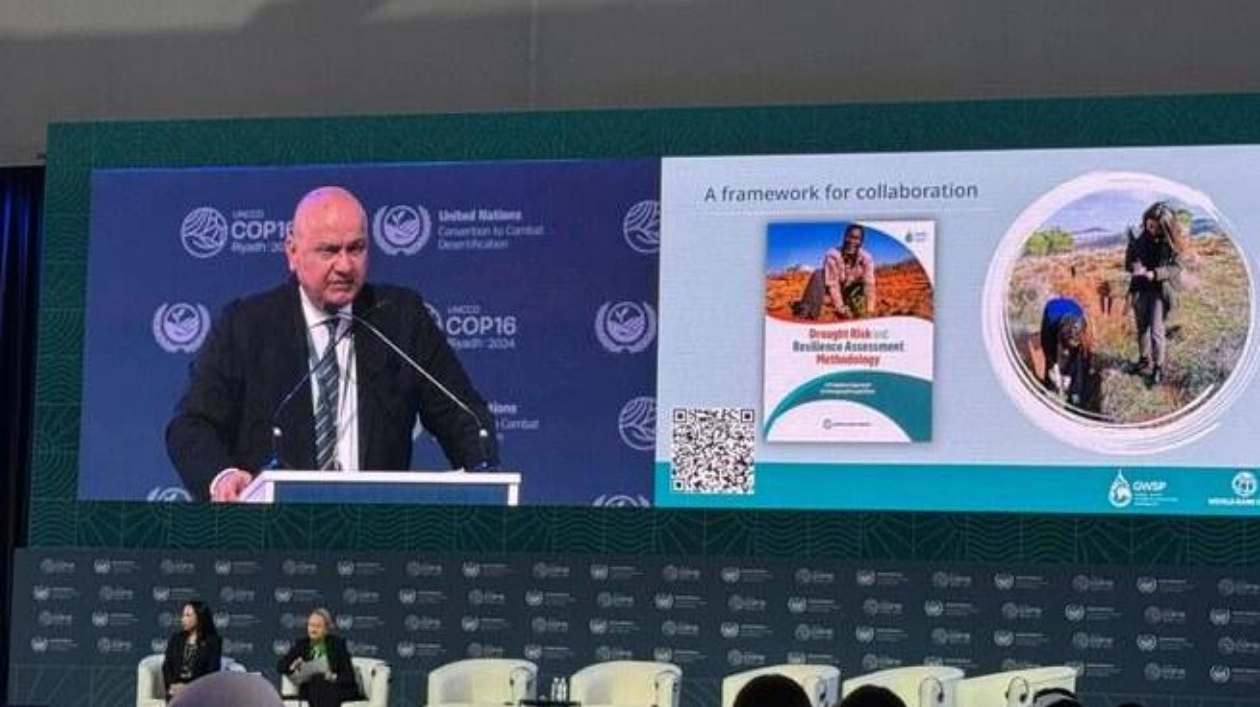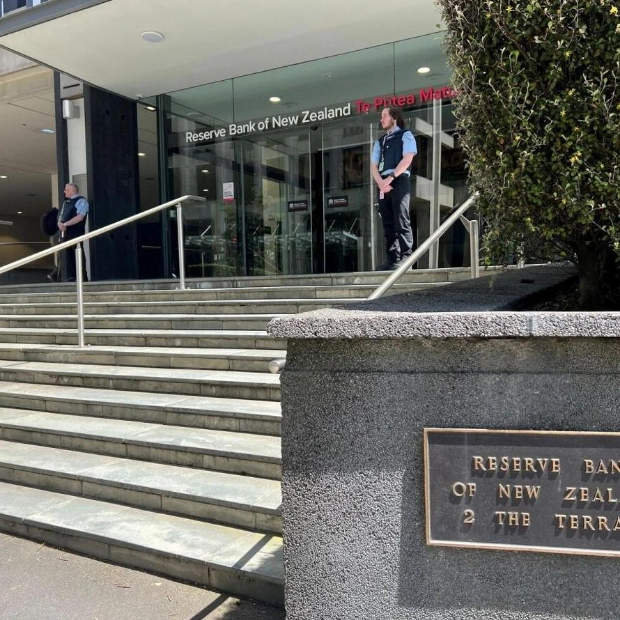RIYADH: The World Bank has unveiled a new platform aimed at assisting governments in monitoring and managing drought risks at COP16 in Riyadh, amid rising global concerns over water scarcity.
The Drought Risk and Resilience Assessment platform is designed to enhance decision-making frameworks and governance to address this escalating issue. It provides governments with tools to better understand droughts, implement ongoing action mechanisms, and prepare for and manage future risks.
This initiative follows Saudi Arabia’s announcement at COP16 of the Riyadh Global Drought Resilience Partnership, which focuses on early warning systems, training, and capacity building for 80 countries most vulnerable to water shortages.
Saroj Kumar Jha, the World Bank’s Global Director of Water, highlighted that the platform will be based on international best practices, drawing on expertise from governments, scientists, and practitioners. He emphasized the need for a system to collect data from various government sectors to track drought development over time.
Jha noted that many developing countries lack national drought monitors to systematically gather data on soil, crops, water, rainfall, temperature, humidity, and weather. Establishing these monitors will be a key priority moving forward.
Osama Faqeeha, Saudi Arabia’s deputy minister of environment, underscored the global urgency of tackling droughts, citing projections that over half of the world’s population could face water scarcity in the coming decades. He highlighted the expanding reach of droughts, particularly in Latin America, where 35 percent of the region is now affected.
Faqeeha warned of the economic and social impacts of drought, including its effects on food prices, migration, and economic stability. He also emphasized that 80 percent of water scarcity impacts fall on agricultural communities, particularly small-scale farmers. He called for increased global action to combat drought, noting Saudi Arabia’s innovative approaches to water management.
Valerie Hickey, global environment director at the World Bank, highlighted the economic costs of environmental degradation, stating that the world has lost 20 percent of its natural capital per capita since 1995. Land degradation alone costs the global economy 10 percent of its GDP annually.
Saudi Arabia’s efforts align with broader environmental goals, including the Saudi and Middle East Green Initiatives, which aim to combat desertification and expand vegetation cover. Ayman Ghulam, CEO of the National Center of Meteorology, discussed the Kingdom’s proactive measures to address sand and dust storms worsened by climate change.
These measures include a regional center dedicated to monitoring and mitigating storm effects, along with the Climate Change Center addressing broader environmental impacts. The cloud seeding program, another key initiative, enhances rainfall to support water resource management and reduce vulnerability.
Faqeeha urged global stakeholders to act decisively, emphasizing that resilience requires partnerships across governments, NGOs, and the private sector. By fostering collaboration and leveraging innovative solutions, the initiatives announced at COP16 aim to tackle one of the most pressing global challenges.
Source link: https://www.arabnews.com






